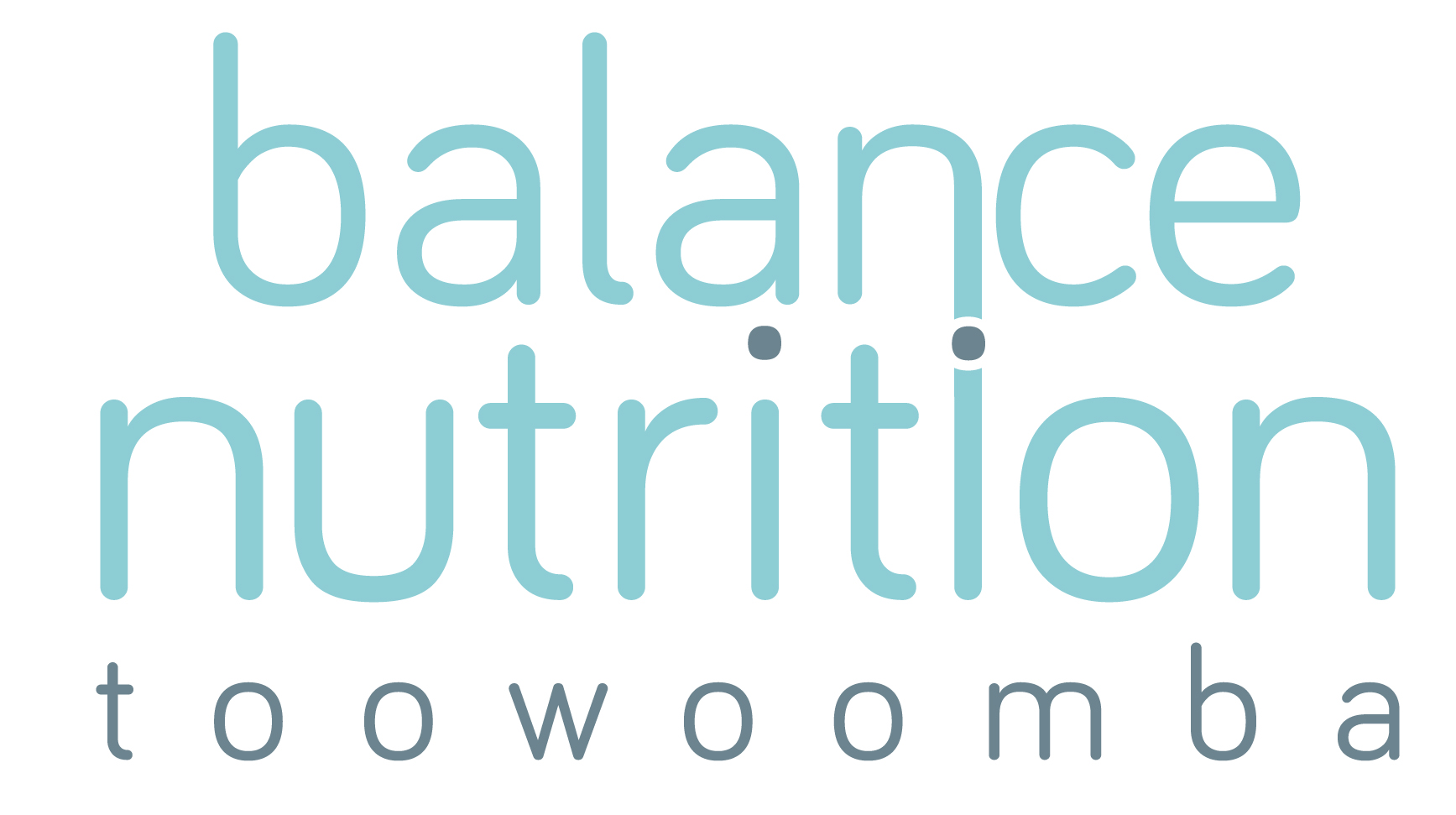Navigating Menopause: How Diet Can Ease Symptoms
Menopause is a natural stage in a woman's life that marks the end of her reproductive years, typically occurring between the ages of 45 and 55. It is a time of significant hormonal changes, driven by fluctuations in estrogen and progesterone. These changes in hormones can lead to unintended weight gain, poor bone health, chronic diseases such as Type 2 Diabetes Mellitus, cardiovascular disease and more. While it is a normal part of aging, for many women, it can be a challenging period of their lives. Common symptoms include hot flashes, night sweats, mood swings, decreased sex drive, anxiety, and sleep disturbances.
Nutrition plays a role in supporting overall health during menopause by helping maintain bone health, manage weight, and promote general well-being. A diet that includes essential nutrients like protein, calcium, vitamin D, fibre, and healthy fats can help address some of the changes that occur during this time and may reduce the risk of certain health conditions.
Key Nutritional Strategies for Menopause
Prioritise Lean Protein
Protein is essential during menopause because it helps preserve muscle mass, which naturally declines as hormone levels fluctuate. Adequate protein intake supports metabolism, aids in maintaining bone density, and helps with weight management by promoting satiety and preventing excess fat accumulation.
Lean Protein Sources:
Poultry (chicken, turkey)
Fish and seafood
Lean beef and pork
Plant-based proteins (tofu, tempeh, TVP, legumes)
Eggs and dairy
Prioritise Bone Health
The decrease in estrogen during menopause can lead to a decline in bone density, increasing the risk of osteoporosis and fracture. To support bone health, it’s essential to get adequate amounts of calcium and vitamin D, which work together to strengthen bones.
Calcium-Rich Foods:
Dairy (milk, yogurt, cheese)
Leafy greens (kale, bok choy, collard greens)
Fortified plant-based milks (soy)
Fish with bones (salmon, sardines)
Tofu and tempeh
Vitamin D-Rich Foods:
Fatty fish (salmon, mackerel, sardines)
Eggs (particularly the yolks)
Mushrooms exposed to sunlight
Additionally, incorporating weight resistance training can help maintain muscle mass and further support bone density during this time.
Prioritise Fibre
Fibre helps during menopause by supporting digestive health and regulating blood sugar levels, which can be disrupted by hormonal changes. A high-fibre diet also helps manage weight (by promoting feelings of fullness) and may reduce the risk of heart disease
High-Fibre Foods:
Wholegrains (oats, quinoa, brown rice, bread, pasta, cereals)
Vegetables (all vegetables - eat the rainbow!)
Fruit (all fruits - eat the rainbow!)
Legumes (lentils, chickpeas, kidney beans, black beans)
Incorporate Healthy Fats
Healthy fats, including omega-3 fatty acids, can help manage inflammation, support heart health, and improve brain function, which can be affected during menopause. These fats also support the production of hormones that can alleviate some symptoms.
Sources of Healthy Fats:
Fatty fish (salmon, mackerel, sardines)
Nuts and seeds (almonds, walnuts, flaxseeds, chia seeds)
Extra Virgin Olive Oil
Avocado
Additional Nutritional Considerations
Limit Processed and Sugary Foods: These foods can contribute to weight gain and increase the risk of type 2 diabetes.
Stay Hydrated: Proper hydration is essential during menopause, especially for managing hot flashes and maintaining overall health.
Balance Your Meals: Aim for balanced meals that include protein, healthy fats, and fibre-rich carbohydrates to ensure stable blood sugar and energy levels.
Final Thoughts
Menopause is a natural transition that comes with unique nutritional needs. Nutrition supports hormonal balance and reduces menopause symptoms by promoting bone health, managing weight, and improving heart health. A diet rich in calcium, vitamin D, healthy fats, fibre, and lean proteins can help alleviate symptoms and support overall well-being.
Need More Guidance?
For individualised advice and support, our dietitian Shanna, with her expertise in women's health and menopause nutrition, can help guide you through this transition.
To book an appointment, visit the link below or call us on 07 4566 0765.
